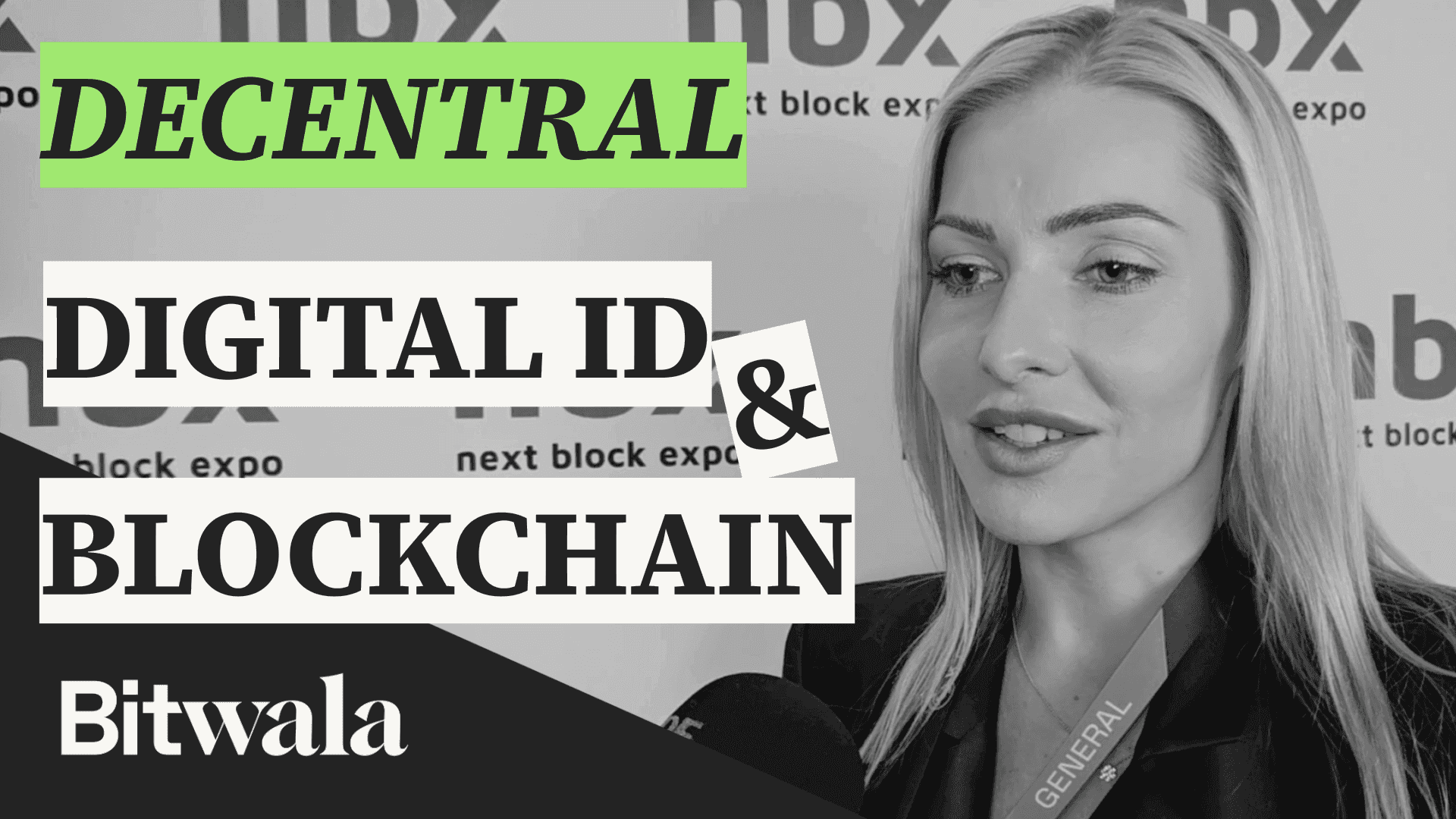In this insightful interview, Shirly Valge, Chief of Growth at Partisia Blockchain, discusses their blockchain solutions. Focusing on decentralised control of data and multiparty computation, Valge sheds light on innovative applications in digital identity, data governance, and crisis zone payments.
Interviewer: Hi Mrs. Valge, good to see you here at the Next Block Expo. You’re the Chief of Growth of Partisia Blockchain. Can you describe what Partisia Blockchain is and the core mission you are following?
Shirly Valge: Partisia Blockchain is the world's first regulatory-friendly, privacy-enabling blockchain leveraging multiparty computation, a form of zero-knowledge computation.
We are able to create collaboration between mutually distrustful parties, processing data that would normally remain unexposed and unanalyzed, creating new insights for both Web 3 and web 2 worlds, including corporations and enterprises.
Interviewer: What specific problems is Partisia Blockchain aiming to solve?
Shirly Valge: So, the main problem we solve is the lack of decentralisation of control of the data. Through multiparty computation, as I mentioned, we're able to create an environment where mutually distrusting people can share data without actually revealing the data itself.
So, for example, competing companies can now have new insights and analyse outcomes, thanks to multiparty computation, which is basically a step forward from zero-knowledge proofs. These are able to prove something, for example, above a certain age or that you are vaccinated.
But you can only use one input from one user, and the outcome would be true or false. With multiparty computation, you're able to process hundreds of different data sets from different users and have very complex outcomes.
So the use cases here are really limitless, and we have combined it with blockchain. So, it's a unique proposal, a universal proposal for businesses, which can just script smart contracts and customise it for their specific needs on Partisia Blockchain.
Interviewer: Great. And with regards to the decentralised blockchain, is it better than a decentralised data bank?
Shirly Valge: So, decentralised blockchain eliminates one single point of failure and control over the data. We're giving back the users control and governance over their data, as well as the ability to commercialise the use of their data, not the data itself. Decentralised data clouds can be hacked; they can be breached, and there is also an element of mutability. With blockchain, the data is immutable and therefore more secure.
Interviewer: What benefits do digital IDs offer to users and to the system in general?
Shirly Valge: So, digital identity, on which we are working very closely with the Swiss government. So, Swiss E-ID is now becoming decentralised, and Partisia Blockchain, together with DuoKey, is helping citizens.
I mean, this is in collaboration with the government, committing to give users and citizens back control over their data. So, they can opt in, choosing which type of data set they want to reveal and expose to an institution or which institution.
Overall, it will increase overall digital identity, lowering down the administrative and bureaucratic burden and providing seamless access and the ability to transact in the digital economy.
But most of the identities currently are on centralised cloud storages, and this is where this data breach comes in, and you have no control over how your data is being used and monetised. So, having it on a decentralised blockchain helps to solve a lot of these issues of data governance.
Interviewer: And what are the risks associated with digital IDs, and how does Partisia Blockchain try to solve them?
Shirly Valge: So yeah, as I mentioned, the risks and limitations are the data breaches and hacks and the immutability aspects. As well as, when the data cannot exit one Silo or one ecosystem and are under a company or government, there will be limited insights.
You cannot collaborate by processing that data. So, this is where multiparty computation and Partisia come in, by being able to process and analyse that data without actually revealing the data itself. And we're able to have a lot of new insights.
It comes to help like clinical research, universities working together, and science. And not only for business purposes, as well, like there are really unlimited use cases where it can help.
Interviewer: In scenarios where the state requests the revelation of certain identities, in what scenarios should that be feasible, and are there situations where the privacy of the user has to be protected at all costs?
Shirly Valge: So, of course, in certain cases, if we have proven criminal records or investigations going on and we have sufficient legal evidence that there is illicit activity going on between different wallets.
And it's important that the identity would be exposed to the law or to the court and the legal institutions. But there has to be a clear, uh, legal framework and guidelines for the processes, how the data will be processed exactly and kept, and monitored.
We are working, for example, with the Red Cross, where we provide a payment solution for crisis zones. So, earlier times, the Red Cross would send money for beneficiaries in war zones, and it was paid in cash and vouchers. But in this way, they cannot really track down what these funds are used for.
So, with Partisia's multiparty technology, we built a payment solution where the beneficiary is private, which is very important because they're already in a vulnerable situation. If their identity is exposed, they're even more vulnerable and in a risky situation.
So, the beneficiary will be private, but the funds and how they are used will be all visible for the Red Cross itself. So, that's a use case where it's important that the beneficiary stays private at absolutely all costs.
Interviewer: Thanks so much for your time.
Shirly Valge: Thank you.
